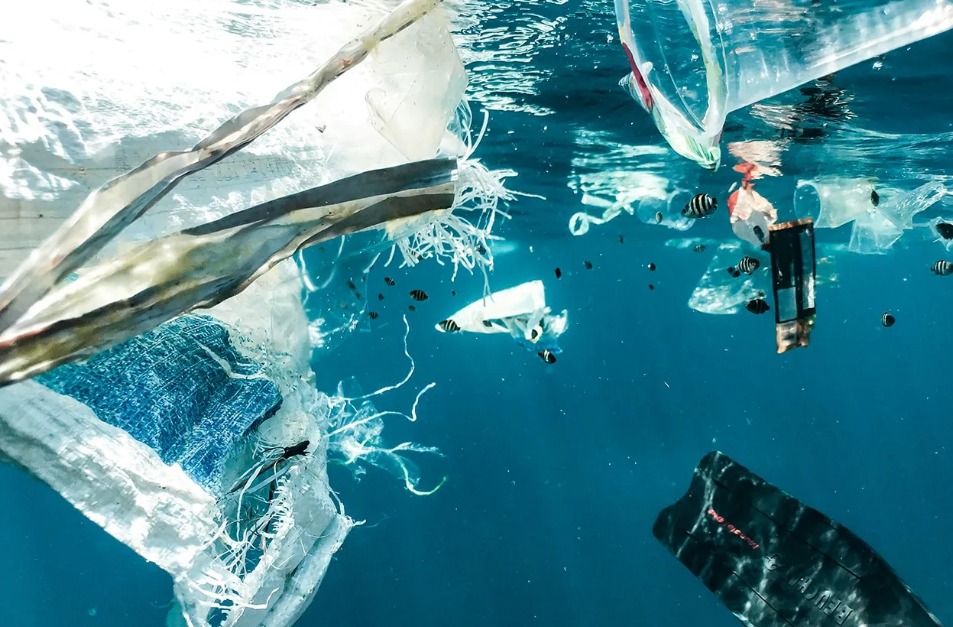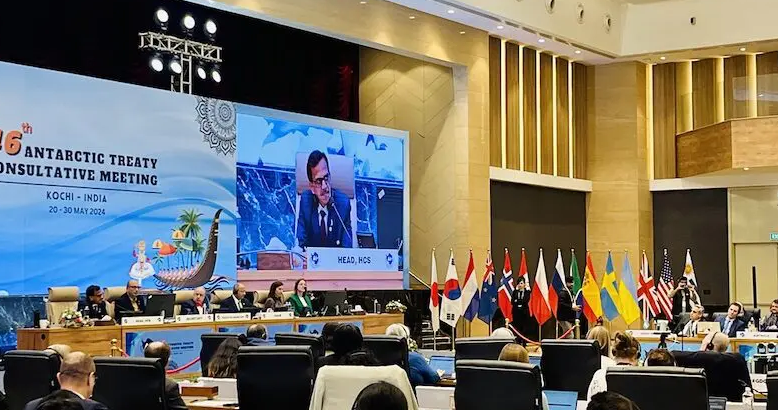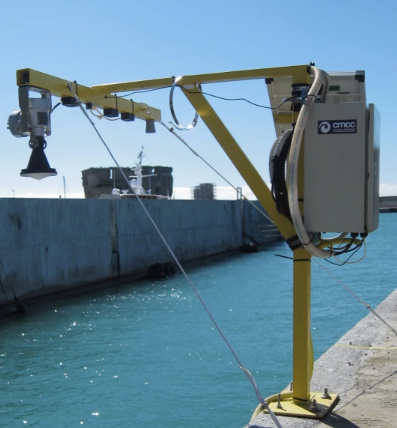From March 23rd to July 15th, 2024, the Sea Plastics association, composed of 5 engineering students, is crossing the Mediterranean from Marseille to Italy via the Balearic Islands. On April 15th, 2024, during their stopover in Canet-en-Roussillon, Angélique Boyer, a student in agronomy engineering, revealed the methods for better understanding microplastics.
Over 5 months, Angélique and her fellow engineering students are traversing the Mediterranean to collect marine microplastics. Their journey aims to raise awareness among the general public and provide scientists with necessary data to improve their research.
This sailing expedition aims to collect microplastics and plankton. « We deploy a ‘manta’ net behind the boat, which has a very fine mesh of 300 micrometers. This allows us to capture the smallest organisms, » explains Angélique.
Microplastics in the Mediterranean will no longer be a mystery
The work of Sea Plastics is building a significant database on microplastics that will be accessible to all. Currently, researchers have limited information on these wastes, particularly on the additives they contain. After collection, the association sends samples of a few micrometers to scientists at the University of Toulon or to the Swiss organization Oceancare. The latter is responsible for identifying and classifying microplastics into 6 categories. Oceancare also aims, based on the samples received, to measure plastic density in the sea.
« They then publish their results online to better understand this phenomenon. » As for the researchers at the University of Toulon, they analyze and measure the quantity of heavy metals transported by microplastics. « We know that heavy metals and even toxic products, which are carried by plastic waste, are ingested by plankton and fish, posing a risk to the food chain and marine biodiversity, » explains Angélique.
Raising Awareness and Consequences of Microplastics on the Human Body
For several years, Sea Plastics has been trying to raise awareness about the repercussions of plastic waste on the marine ecosystem. Every year, approximately 1.4 million birds and 14,000 mammals die from ingesting plastics. This phenomenon affects the entire food chain, half of which is part of our diet. As a direct consequence, according to a 2022 study by the University of Amsterdam, the blood of 8 out of 10 people contains plastic.
Workshops and Conferences to Explain the Dangers of Microplastics
Volunteers organize educational workshops for children. This week in Canet-en-Roussillon, Sea Plastics explained the issue of plastic waste at school. « At each stage of our journey, we try to explain the importance of marine biodiversity to them. And to show them some daily gestures that can reduce our impact on the environment. » Today, one-third of plastic waste ends up in nature.
The association also sets up booths and organizes conferences for the general public in town halls or aquariums. « We meet people with different profiles. It’s really rewarding to see that our message can have an effect on many people (…). Even we learn things. So, it’s more of a debate than a demonstration. That’s what’s enriching. » In 2023, the initiative sensitized more than 2,000 people and reached 72 classrooms. « It’s good to do science and research, but it would also be good to involve everyone. »
Consuming Better to Concretely Reduce Our Waste
According to the scientific journal Science Advance, since 2000, humanity has produced as much plastic waste as since its appearance on Earth. For Angélique, despite the laws and regulations in place, the results do not meet the challenges. « Even if industries or actors do not comply with the law, it is up to us, as citizens, to consume better to try to create a dynamic. » According to the WWF report, every year, countries bordering the Mediterranean generate 24 million tons of plastic waste; of which 600,000 end up in the sea. This makes it one of the most polluted marine areas on the planet. More broadly, according to the Ellen MacArthur Foundation, every year, 8 million tons of plastic pollute marine ecosystems. That’s the equivalent of a garbage truck being dumped into the sea every minute.




